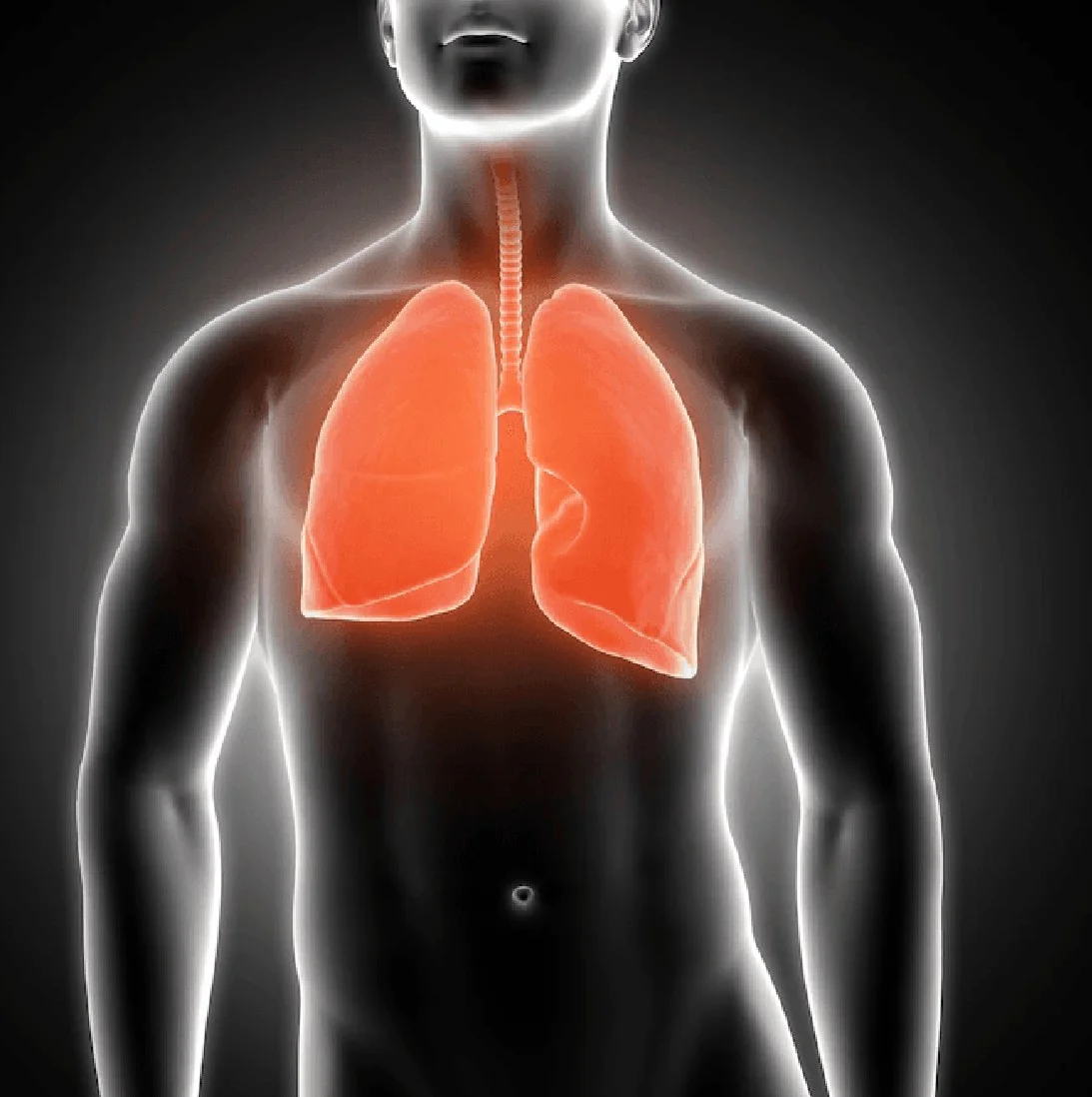
Department of Pulmonology and Respiratory Medicine
Welcome To Gangasheel Hospital
What is Pneumonia?
Pneumonia is an infection that causes inflammation of the air sacs in one or both lungs. The air sacs fill with fluid or pus (suppurative material) and may cause coughing with mucus or pus, fever, chills, and difficulty breathing. A variety of organisms can cause pneumonia, including bacteria, viruses, and fungi.
Pneumonia varies in severity from mild to life-threatening. It is most serious for infants, people over the age of 65, people with health problems, and people with weakened immune systems.
Signs and symptoms of pneumonia can range from mild to severe, depending on factors such as the type of bacteria causing the infection, age, and general health. Mild signs and symptoms often resemble those of a cold or the flu, but last longer.
Signs and symptoms of pneumonia include:
- Lower than normal body temperature (adults over 65 and people with weakened immune systems)
- Nausea, vomiting, or diarrhea
- Shortness of breath
- Newborns and young children may show no signs of infection, or may vomit, have a fever or cough, appear restless or tired, have low energy, or have difficulty breathing or eating. You must to do something before you go on.
Many bacteria can cause pneumonia. Bacteria and viruses are most prevalent in the air we breathe. Your body normally prevents these bacteria from infecting your lungs. But even in good health, these bacteria can overwhelm the immune system.
Pneumonia is classified according to the type of bacteria that causes it and the site of infection.
Community-acquired pneumonia
Community-acquired pneumonia is the most common type of pneumonia. It occurs outside of hospitals and other health care facilities.
Possible causes:
Bacteria
Streptococcus pneumoniae is the most common cause of bacterial pneumonia in the United States. This type of pneumonia can occur on its own or after a cold or flu. It can affect parts of the lungs (lobes), a condition called lobar pneumonia.
Bacteria-like organisms
Mycoplasma pneumoniae can also cause pneumonia.
To prevent pneumonia:
Get vaccinated
Vaccines are available to prevent certain types of pneumonia and influenza. Talk to your doctor about these injections. Immunization guidelines have changed over time, so be sure to check with your doctor about your vaccination status, even if you remember having had the pneumonia vaccine before.
Make sure your child is vaccinated. Doctors recommend separate pneumonia vaccines for children under the age of 2 and children between the ages of 2 and 5, who are most at risk of developing a pneumococcal infection. Children attending group day care should also be vaccinated. Doctors also recommend getting the flu vaccine for children over the age of 6 months.
Please practice good hygiene
Wash your hands regularly or use an alcohol-based hand sanitizer to protect yourself from respiratory infections that can lead to pneumonia. No Smoking. Smoking impairs the lungs' natural defenses against respiratory infections. Keeps the immune system strong. Get enough sleep, exercise regularly, and eat healthy.
Yes, Pneumonia Treatment is available in Bareilly at Gangasheel Hospital by the team of expert Pulmonologists in the city.
